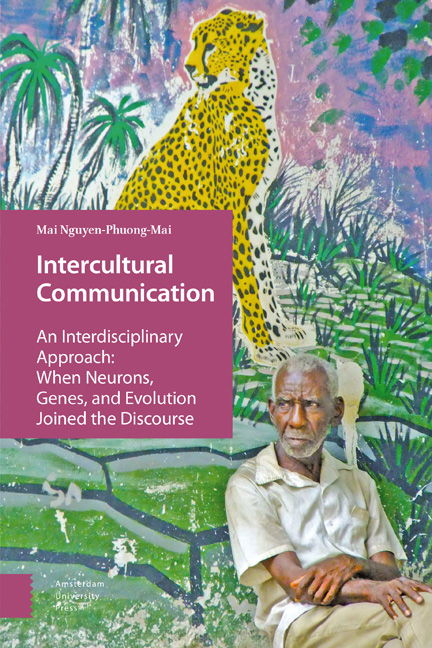 Intercultural Communication
Intercultural Communication Book contents
- Frontmatter
- Dedication
- Contents
- Preface
- 1 The Survival of the Most Cultured
- 2 The Evolving Culture
- 3 Stereotype – A Necessary Evil
- 4 Non-Verbal Communication – How You Make Them Feel
- 5 A Taxonomy of Diversity
- 6 Intercultural Competence – Creating Yourself
- 7 Diversity Management and Inclusion
- To the Readers
- 7 Takeaways from this Book
- Up and Coming Book from the same Author
- Notes
- Index of Names
- Index of Subjects
- Index of Geography, Culture and Religion
2 - The Evolving Culture
- Frontmatter
- Dedication
- Contents
- Preface
- 1 The Survival of the Most Cultured
- 2 The Evolving Culture
- 3 Stereotype – A Necessary Evil
- 4 Non-Verbal Communication – How You Make Them Feel
- 5 A Taxonomy of Diversity
- 6 Intercultural Competence – Creating Yourself
- 7 Diversity Management and Inclusion
- To the Readers
- 7 Takeaways from this Book
- Up and Coming Book from the same Author
- Notes
- Index of Names
- Index of Subjects
- Index of Geography, Culture and Religion
Summary
In the previous chapter, we discussed how culture has largely replaced genes to guide humans in the survival game. We also explored how the notion of plasticity (i.e. adaptiveness) can be applied to culture, genes, environment, the brain and behaviors. The dynamic interaction of these factors creates an intricate web of possibilities to change, and that explains the immense level of diversity as well as globalization that we see today.
Since culture is such a dynamic force, in order to analyze different cultures effectively, we first need to agree on some generic frameworks. We want to know the generic components of a culture, the “size” of a culture, and the different levels of analysis. While culture evolves as a survival strategy, we nevertheless want to know some principles that, to a certain extent, can help us predict that process of evolution and change. Finally, from a practical point of view, what can we do to deal with this complexity and dynamics effectively? These will be the topics of discussion in this chapter.
The metaphorical tree of culture
If you were asked to name everything that belongs to “culture,” the list would be unlimited. However, three major components of culture can be identified: fundamental concerns, values and outward expressions. We will use the metaphor of a tree to help us understand this complexity. Imagine that these three groups of cultural elements are represented by three layers of a tree: its trunk and roots, its branches, and its massive canopy of twigs and leaves (Figure 2.1).
Fundamental Concern
Fundamental concerns are the building blocks of our culture – the very foundation of the human social learning environment, which, as we discussed in the previous chapter, makes us different from other animals. This is the evolutionary root of culture as survival strategy. They are universal, generic and fundamental elements such as politics, arts, religion, and languages, etc. None of them can produce a product that directly affects our reproduction and survival, but they have been evolved to enhance our performance. For example, language developed because we need to negotiate cultural resources, while religion, art, and politics developed because they give us courage and hope, “coordinating our action, uniting us against common foes” and promoting “norms that glue society together.”
- Type
- Chapter
- Information
- Intercultural CommunicationAn Interdisciplinary Approach: When Neurons, Genes, and Evolution Joined the Discourse, pp. 49 - 86Publisher: Amsterdam University PressPrint publication year: 2017


